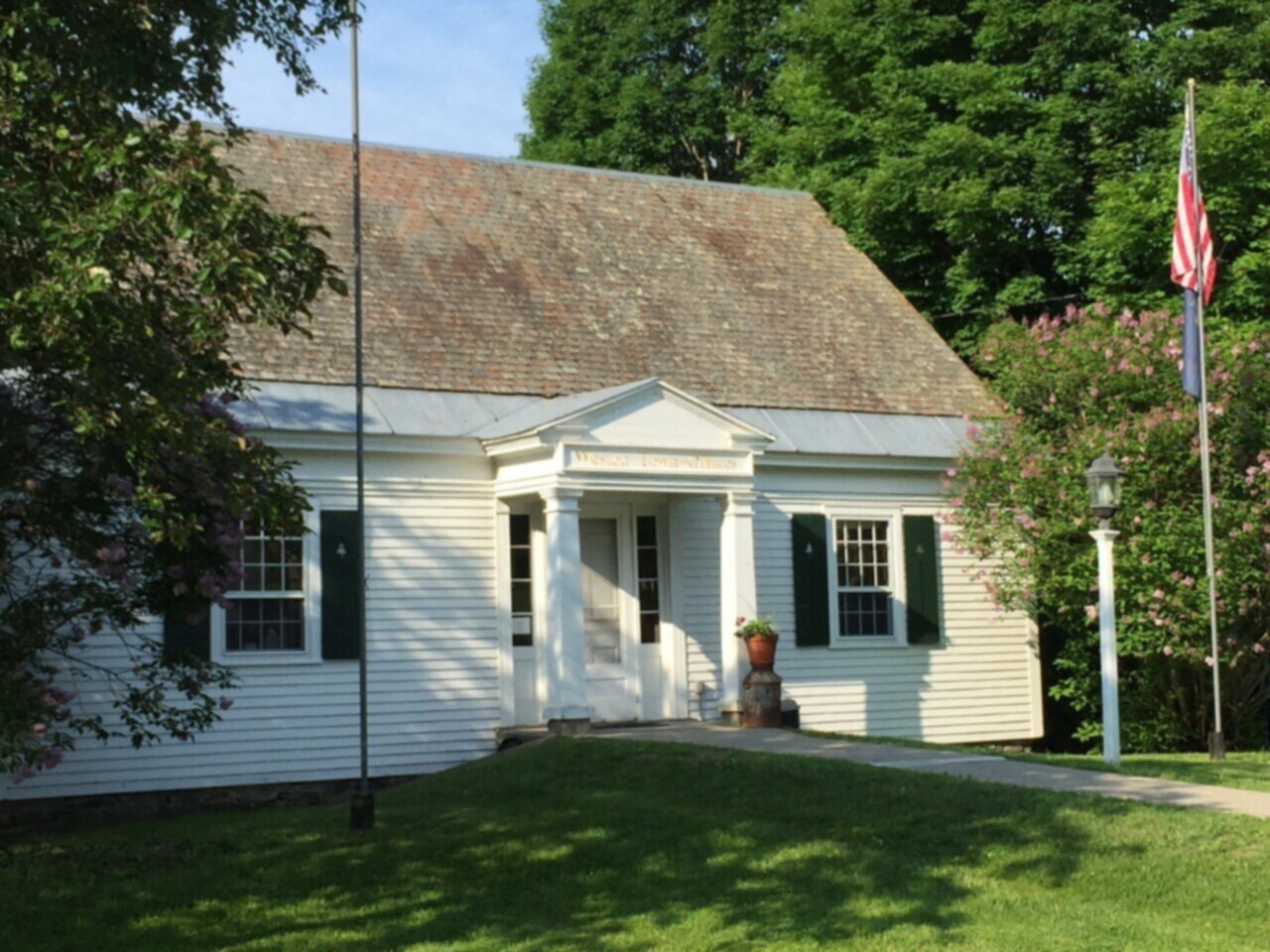
Trustees of Public Funds
Nicole Pfister Term expires 2027
Ronald Prouty Term expires 2028
Andrew Clapp Term expires 2028
Meeting Agenda 10-26-2023 Meeting Minutes 10-26-2023 DRAFT
Meeting Agenda 10-03-2022 Meeting Minutes 10-03-2022
Meeting Agenda 10-12-2021 Meeting Minutes 10-12-2021
In common law legal systems, a trust is a relationship whereby property is held by one party for the benefit of another. A trust is created by a settlor, who transfers some or all of his or her property to a trustee. The trustee holds that property for the trust's beneficiaries. Trusts have existed since Roman times and have become one of the most important innovations in property law.
An owner placing property into trust turns over part of his or her bundle of rights to the trustee, separating the property's legal ownership and control from its equitable ownership and benefits. This may be done for tax reasons or to control the property and its benefits if the settlor is absent, incapacitated, or dead. Trusts are frequently created in wills, defining how money and property will be handled for children or other beneficiaries.
The trustee is given legal title to the trust property, but is obligated to act for the good of the beneficiaries. The trustee may be compensated and have expenses reimbursed, but otherwise must turn over all profits from the trust properties. Trustees who violate this fiduciary duty are self-dealing. Courts can reverse self dealing actions, order profits returned, and impose other sanctions.
The trustee may be either an individual, a company, or a public body. There may be a single trustee or multiple co-trustees.
The trust is governed by the terms under which it was created. In most jurisdictions, this requires a contractual trust agreement or deed.
Taken from Wikipedia

